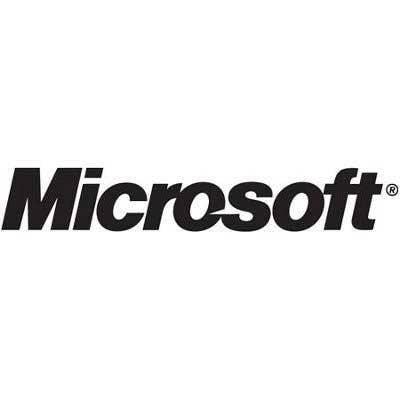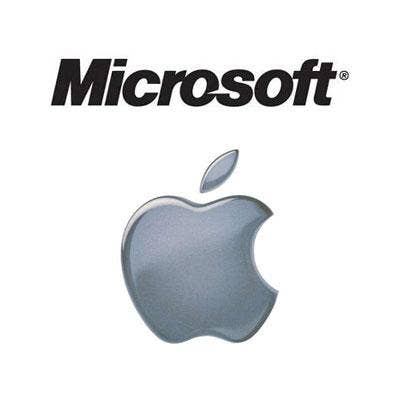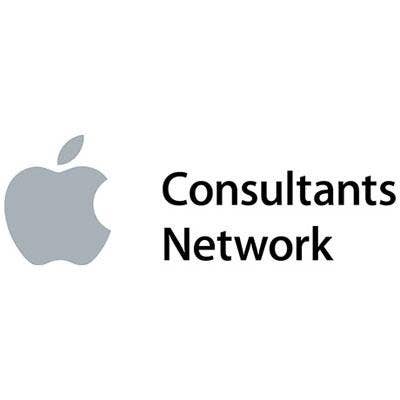10 Things To Know About Apple's Mobile Channel Program

Apple Turns To Channel For iPad And iPhone Integrations
Apple has quietly launched its Mobility Technical Competency (MTC) and is now recruiting Microsoft channel partners to help with large scale iPad and iPhone integrations. It's a bold move for Apple, and one that underscores Microsoft's current lack of relevancy in the mobile enterprise.
Following are 10 examples of how Apple is strategically approaching the task of working with a new type of IT solution provider.

Former Microsoftie Leading The MTC Charge
Francois Daumard, a 12-year Microsoft channel veteran who joined Apple in May, is one of the main driving forces behind MTC. In his role as manager of iPhone and iPad channel development, Daumard handles recruitment and sales enablement of partners with the skills to handle large corporate iPad and iPhone deployments.
Daumard has been actively recruiting Microsoft partners because existing members of the Apple Consultants Network (ACN) generally aren't familiar with heterogeneous network infrastructure and lack the expertise to handle iOS deployments. Given the amount of iPads and iPhones being sold to corporations these days, it's an opportunity that Microsoft partners are enthusiastically embracing -- and a logical fit for their skill set.

Merging Of Worlds
According to Apple-certified trainers leading MTC classes, Microsoft and Apple partners have been showing up in equal numbers to learn about iOS integration. They're getting along well considering the ideological differences between the two companies' cultures. Some are even discussing business opportunities outside the scope of MTC.
"This illustrates the goal of MTC, which is to bring in new blood to the ACN and to mix the iOS platform with the Microsoft experience," Ben Greisler, principal at Kadimac, an Exton, Pa.-based Apple integrator, told CRN.

Apple's Aggressive MTC Goals
Apple's original goal was to get 100 new Microsoft specialists into the ACN channel by the end of the year, but Craig Cohen, president of HCS Technology Group, an Apple consultancy in Bohemia, N.Y., says Apple has bumped that up to 150 because of the strong participation it's seen so far. By the end of 2012, Apple hopes to have 1,000 Microsoft partners in the ACN channel.

The Costs Of MTC
To join the Apple Consultants Network and be eligible for MTC, an individual business owner must first pay a $60 non-refundable application fee. Apple charges $395 for Basic ACN agreement and $695 for a Plus. Members of both tiers get access to the ACN program logo, listing by company/location in the Consultants Locator, and exclusive Apple training and marketing resources, while Plus-level ACN members get additional equipment and software discounts.
Apple also offers a Company Agreement for ACN, and charges $695 for the first location and certified consultant and $550 for each additional location with certified consultant. Adding consultants at established locations costs $250 per person.
The final step to MTC is a two-day, $400 iOS workshop that focuses on strategies for providing secure access from mobile devices to services running on private networks.

Setting The Bar High
Apple's hawk-like attention to detail is evident in its rigorous MTC technical requirements.
To be eligible for MTC training, a company must have a both a Microsoft Certified IT Professional (MCITP) with Enterprise Administrator on Windows Server 2008 and a Microsoft Certified Technology Specialist (MCTS) for Exchange Server 2010. Also eligible are companies with a Cisco Certified Network Professional (CCNP) in both security and wireless, or a single staff member with CompTIA Network+ certification.

Intensive Instruction
MTC classes are held over a two-day period, and the first day focuses on the technical aspects of iOS deployments, including infrastructure requirements, security requirements, and provisioning and configuration.
On the second day, partners learn to develop an iOS business plan in different verticals, as well as how to handle hardware, security, and possibly even application development work that iOS integrations involve.
"We break attendees down into group exercises, and each group is responsible for coming up with a business plan with all the technological skills they've learned," said MTC trainer Craig Cohen, president of HCS Technology Group, an Apple consultancy in Bohemia, N.Y.

Security Takes A Front Seat
Microsoft, HP and other Apple rivals often point to security risks associated with using iPads on corporate networks, and the difficulties in managing these assets under enterprise IT policies.
One source familiar with Apple's thinking told CRN that the MTC classes place heavy emphasis on minimizing the data stored on iOS devices.
"Apple is putting a lot of effort into making devices more manageable, and it's also sending the message that for ultimate security, don't put sensitive data on the device," said the source, who spoke on condition of anonymity so as to avoid incurring Apple's wrath.

MTC's Marketing Muscle
For years, IT solution providers outside the Apple sphere have lacked a way to officially affiliate themselves with the company. VARs will get this with MTC certification, and they're looking forward to the opportunity to tap into one of the biggest emerging areas of IT integration business that exists today.
"We're going to market this on our Web site and through direct mail. We're going to let people know that if they have Apple mobile devices and need implementation work, we're qualified to handle it," said TBC Net's Barnes.

Apple Still Feeling Its Way With The Channel
Despite the potential turning point that MTC could represent, Apple still has a long way to go before it can be considered a channel oriented company.
Apple earlier this year angered ACN members by enlisting the aid of OnForce to handle lead distribution for non-warranty support issues that can't be handled at Apple Store Genius Bars. Apple's Joint Venture, a $499 PC set-up and support package for small businesses unveiled in May, has also been a source of friction with ACN partners.

The Market's Insatiable Appetite For iOS Devices
In its recently concluded fiscal fourth quarter, Apple sold 11.1 million iPads, up 166 percent year-over-year. While iPhone sales fell 3 million short of Wall Street's expectations, Apple still sold 17 million of the devices, or 21 percent more than it did in last year's quarter. As Apple heads into the typically strong holiday quarter, a continued boom in iOS device sales is a near-certainty.